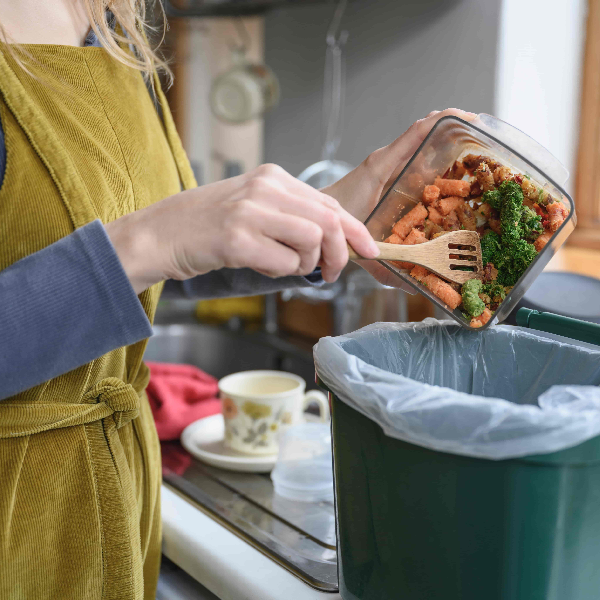
Managing food waste in the NHS
Our food waste guide and calculator will help you comply with food waste regulations and cut your carbon costs.
Food waste in the NHS Scotland (NHSS) is notoriously difficult to assess, given the variation in size and location of hospitals, and the differing amounts of food waste, both from facility to facility, and day to day.
This makes it difficult to determine the best option for storing food waste, to be removed for off-site treatment, in line with the Waste (Scotland) Regulations 2012, which came into effect as of 1 January 2016.
However, having consulted with 33 hospitals across Scotland, we have come to some conclusions, shared with you in our free-to-download guide managing NHSS food waste.
On-site or Off-site?
On-site treatment of food waste within hospital estates has an array of pros and cons, however these will vary depending on the characteristics of individual sites. There are financial advantages of on-site electricity and heat, but these come with the disadvantages of additional manpower, upfront capital and ongoing running costs. On-site treatment is likely to be more suitable for more remote areas, distant from off-site treatment facilities, or where exceptionally large amounts of food waste are produced, e.g. from a central production facility. On-site treatment options have been included in the hospital food waste calculator tool that has been developed in parallel to this report in order to evaluate situations where on-site options might be considered more viable.
Off-site treatment is an alternative option that removes the above disadvantages. Our guide introduces food waste management practices to facilitate this, including:
- Reverse logistics – that is, returning food waste to source, such as the main kitchen, rather than disposal at the serving area, such as in off-ward kitchenettes
- Storage solutions – including separately streaming for daily collection, or dewatering/drying for tank storage, prior to less frequent collection
- Cooperation with adjacent boards – thus sharing capital costs for pre-treatment and storage facilities, and dedicated collection schemes
- Using general food waste collection schemes – as opposed to dedicated, NHSS-only ones, to save costs
Weighing It Up
Our NHSS food waste calculator can assist you in quantifying your food waste needs and includes existing and future scenario templates to enable you to project the costs and advantages of different waste management schemes, as opposed to current practice.
Managing food waste efficiently should not:
- Be a cost burden on NHSS
- Require increased manpower, or place extra demands on existing staff
- Compromise patient health
It should:
- Dovetail with existing hospital practice
- Reduce the carbon footprint of your healthcare facility
With the help of senior NHSS staff, and drawing from a wealth of data, we believe our guide to be an effective and informative starting point for managing food waste to reduce carbon costs and help meet Scotland's ambitious climate change targets.






